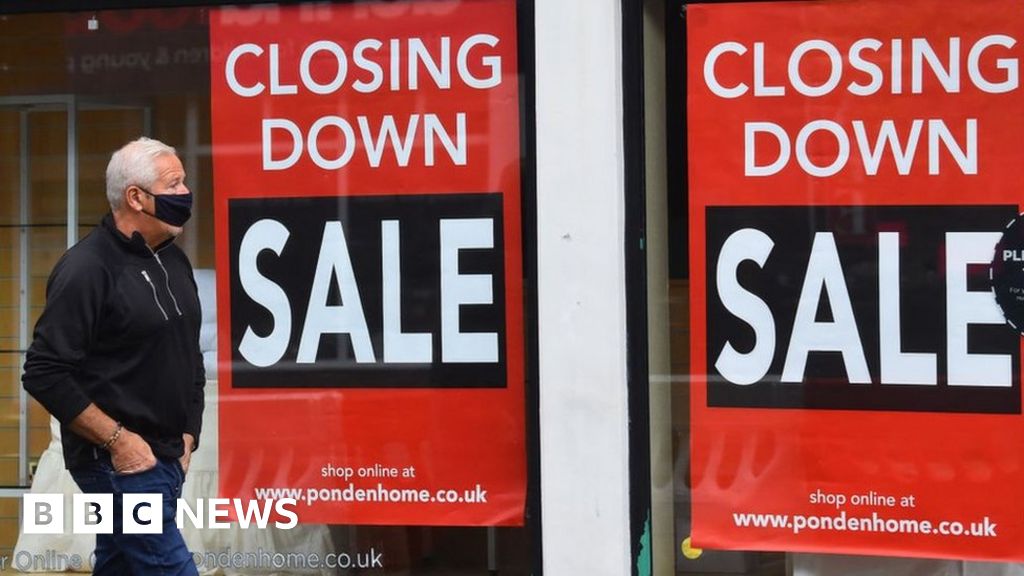We'd still likely be the 5th of 6th biggest economy in the world though so, yeah, we're taking a hammering and our predicted bounce back will be about half the ten percent drop we're facing, that parks us at what, a 1.7th economy.I think that the Poms are in trouble at the moment with the double hammering of Brexit and the COVID-19 pandemic. So they won't bring as much to the table as first thought.
Their economy has slumped, with a shrinkage of 9.9% in 2020, believed to be the worse since 1709. Their economy suffered pretty badly during the great depression of the 1930s and worse after WW2, taking decades to recover. In fact I don't think that they really fully recovered. It was only recently that they made the final payment on their Lend Lease bill from WW2.
Whilst they appear to have a couple of small increases in the last 2 quarters, the full effects of Brexit are only just starting to emerge with the impact of the hard borders and all the associated bureaucracy and costs to businesses and the economy. I would suggest that this along with Scottish and Northern Irish anger at being pulled out of the EU against their will, probably could lead to the breakup of the UK. If this does indeed come to pass, all that will be left will be the Poms and maybe the Welsh, but they too may want their independence from the Poms after 1,000 years of subjugation and assimilation.
Then what does that leave us? Well definitely no UK in CANZUK and a somewhat diminished Pommy economy. CANZ would then have to ask the question that is having the Poms in the relationship really going to be worthwhile? Given their history over the last 60 years, they appear to be fairweather friends.Also CANZ are already linked in the CTPPA and IIRC, the RCEP. Finally the Poms have to understand that they will be coming to us cap in hand, not the other way around.

UK economy suffered record annual slump in 2020
The size of the economy shrank by 9.9% in 2020 as coronavirus restrictions hit output, figures show.www.bbc.com
As to the assertions that the UK will break up, nope, not happening - Northern Ireland is a net drain on the UK exchequer and everyone in NI knows that. There's little appetite to join the South basically barring the RC minority. As for Wales, same deal in terms of economic impact. That would actually be worsened by the repatriation of a lot of regionally allocated jobs to do with defence and infrastructure.
Scotland, different kettle of fish, bigger economy that for the last 30 years or so due to oil revenues and more recently due to subsidised renewables has been in the black. Worst case, Scotland pulls the plug leaving England, Wale and Ireland as a 1.2Tn economy more or less.
[Edit for clarity]
Last edited:




